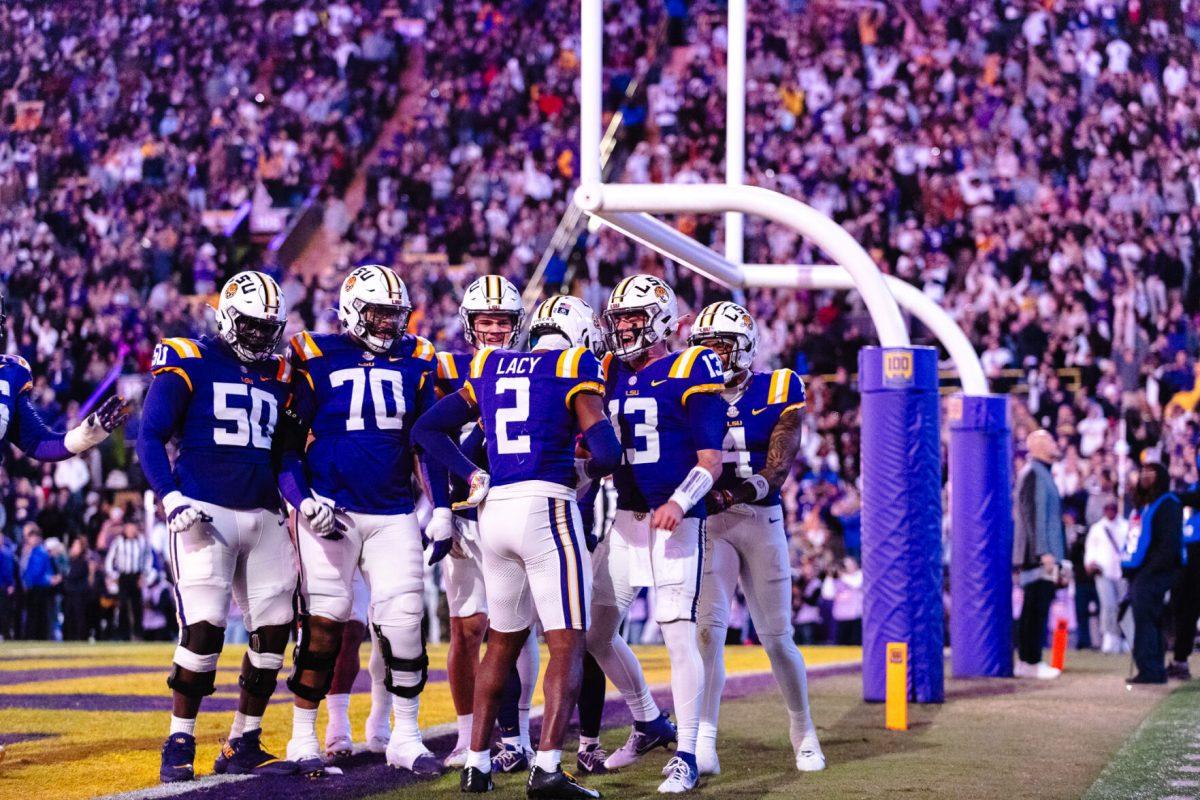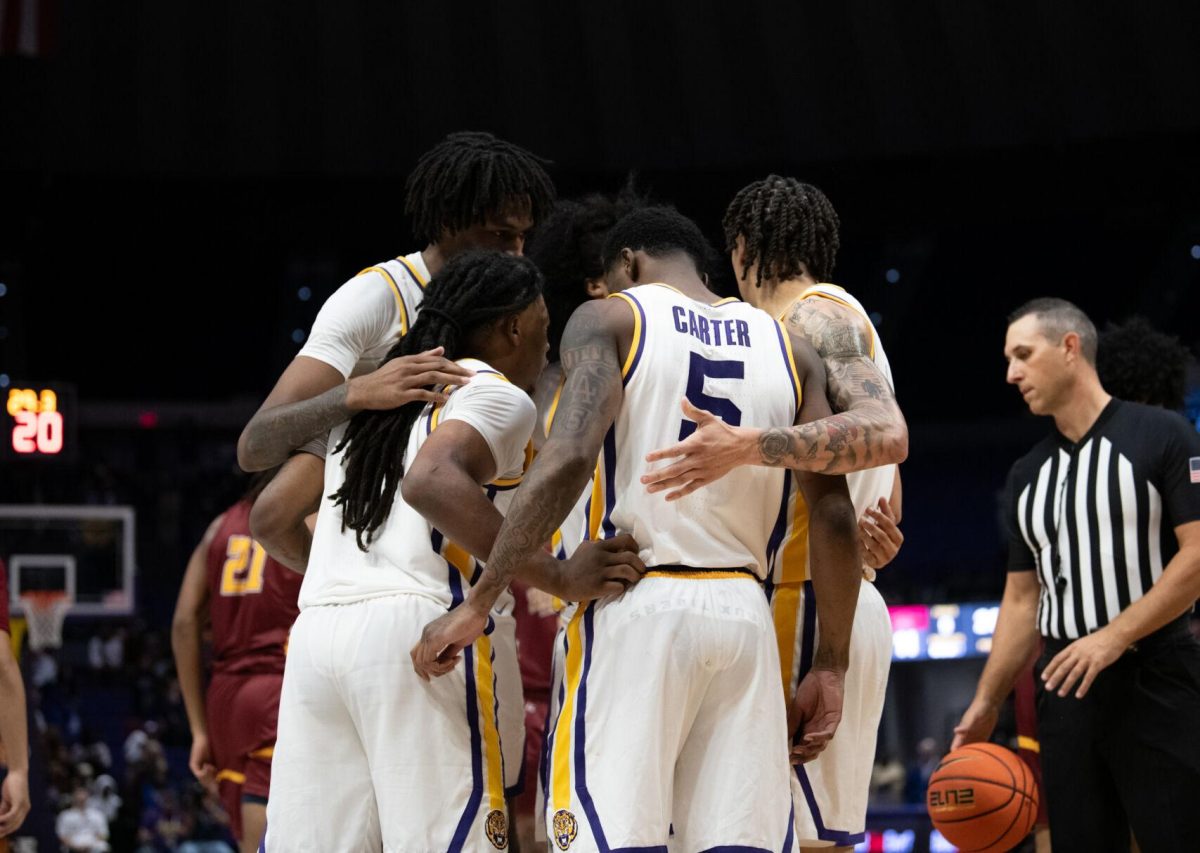Shortly after my copy of “Call Me Coach” arrived in the mail, I gave former coach Paul Dietzel a courtesy call to catch up.I asked, “How are you, Coach?””Young lady, I’m better than I deserve,” he responded.His answer struck me, because it couldn’t be further from the truth. Through my interactions with Dietzel during the past three years, I can truthfully say he deserves every blessing that comes his way.The 84-year-old coach still stands with the physical presence of a football legend. He’s tall, built and naturally commands respect when he enters a room. Age has treated Dietzel well, and many would find it hard to believe it’s been nearly 50 years since he guided LSU to its first football national championship.Dietzel’s modesty, gratitude and humble nature are the cornerstones of “Call Me Coach,” an autobiography that focuses just as much on Dietzel’s family and personal vignettes as it does on football.Sports fans may be tempted to skip the first two chapters that center on Dietzel’s youth and Air Force experience, and instead begin with the football chapters.After all, this is LSU, and Dietzel’s name carries weight for his accomplishments on the gridiron: the Tigers’ first national championship in 1958, the fierce Chinese Bandits defensive unit and Billy Cannon’s legendary punt return to defeat Ole Miss in 1959.To skip the personal chapters would be a mistake. A heart-tugging love story, family struggles and military experiences show how Dietzel became known for his unwavering ethics, demand for excellence and gentle demeanor.It would have been easy for Dietzel to become images of the coaches he assisted during his early years: Paul “Bear” Bryant at Kentucky and Colonel Red Blaik and Vince Lombardi at West Point Academy. The brief accounts of their interactions left me thirsting for more.Dietzel said he once disagreed with Bryant in a staff meeting, which prompted Bryant to shout “WHAT?” and throw down a piece of chalk. Other coaches later told him he was the first coach to disagree with Bryant, as most feared for their jobs if they expressed dissent. I imagine this account just scrapes the surface of Bryant’s antics, but Dietzel likely carries a loyalty to his former boss that limits his revelations.”When I first arrived at LSU, I felt that to succeed in the tough Southeastern Conference, I needed to try to be another Bear Bryant,” he writes. “I soon learned that this would not work — it was not me. You just have to be yourself. If you are insincere, your players will know it.”Many LSU players couldn’t cope with Dietzel’s standards. He eliminated booster payments, imposed a curfew and forbade facial hair. Class skippers ran all 68 rows of Tiger Stadium’s steps. Players parked their cars under the stadium and gave Dietzel the keys.But it wasn’t all tough love. He frequently gave players Hershey bars, drew cartoons of humorous football incidents and addressed the student body with inspirational pep talks.Dietzel left LSU in 1962 to accept the West Point coaching job. He returned to Baton Rouge in 1978 as LSU’s athletic director, which proved to be a short-lived, “painful” time that made him question if he would ever be welcomed back in Baton Rouge.LSU’s renewed elite football presence, as evident by the 2003 and 2007 BCS National Nhampionships, has prompted many flashbacks to the original “glory days” of Dietzel’s tenure. He was welcomed back with open arms by many eager fans clamoring for autographs.”Call Me Coach” likely hopes to attract those clamoring fans, but it’s better suited for individuals seeking the roots of Dietzel’s excellence. This is not a football book. It’s a book about living life to the highest standards and putting collective betterment above self interests.His current happiness is by no accident, and despite his objections, Dietzel deserves every bit of it.—-Contact Amy Brittain at [email protected]
Coach’s book provides life lessons
By Amy Brittain
Chief Sports Writer
Chief Sports Writer
October 7, 2008







